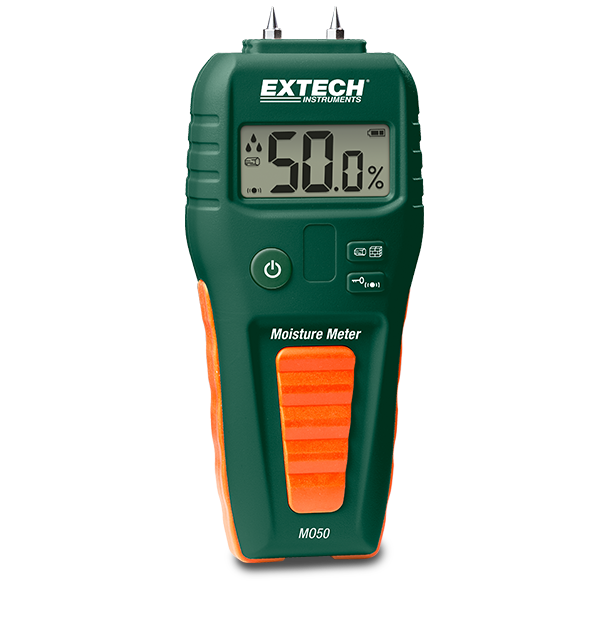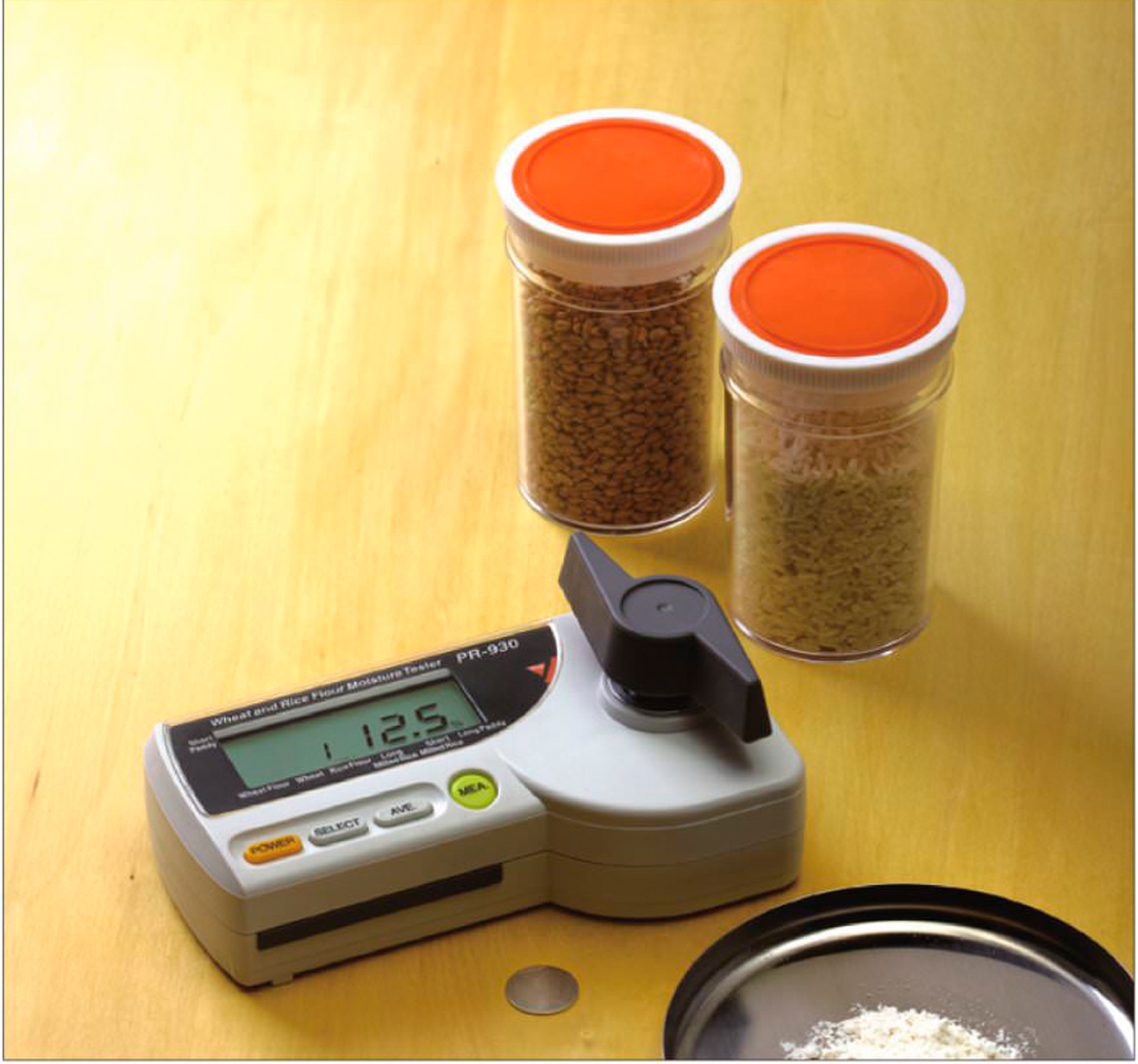Moisture Meter Reviews: Comparing the Best Models for Specialist and DIY Usage
Moisture Meter Reviews: Comparing the Best Models for Specialist and DIY Usage
Blog Article
The Ultimate Overview to Dampness Meters: A Comprehensive Summary and Exactly How They Can Save You Cash
In the realm of structure maintenance, construction, and numerous sectors, the relevance of properly gauging moisture degrees can not be overemphasized. Wetness meters act as vital devices in identifying and keeping an eye on moisture material in products, helping in preventing expensive damages and guaranteeing the high quality of products. Recognizing the subtleties of various types of dampness meters, their applications, and the possible cost-saving benefits they offer can be a game-changer for businesses and professionals alike. Uncovering just how these tools can not only improve processes but additionally add to financial cost savings is a trip worth embarking on.
Kinds Of Wetness Meters
Numerous sorts of dampness meters are readily available for different applications in numerous industries. One usual kind is the pin-type moisture meter, which gauges the electrical resistance between two pins put into a material. This type appropriates for wood, drywall, and various other building products. Pinless moisture meters, on the various other hand, use electro-magnetic sensor plates to check a larger location without causing damage to the product's surface area. Moisture Meter. These meters are perfect for quickly examining dampness degrees in large locations such as floorings and walls.

Infrared moisture meters measure the thermal homes of a material to establish its wetness web content non-invasively, making them valuable for applications where pin or pinless meters might not be ideal. Understanding the different types of wetness meters readily available can help sectors pick the most suitable device for their certain moisture measurement requirements.

Advantages of Making Use Of Moisture Meters
Dampness meters offer important benefits in properly monitoring and analyzing wetness levels in varied materials and environments. One of the main advantages of making use of dampness meters is the prevention of potential damage created by excess moisture.
Additionally, using wetness meters can lead to raised power performance. In farming setups, dampness meters play an essential function in optimizing plant yields by making it possible for farmers to monitor dirt wetness levels and make informed watering choices.
How to Choose the Right Wetness Meter
Choosing the suitable wetness meter involves considering essential factors such as material compatibility, measurement array, and calibration accuracy. When choosing a moisture meter, it's vital to make certain that the meter is appropriate for the details material you will certainly be testing. Different materials have differing electric residential properties that can impact moisture readings, so choosing a meter made for your product is essential for exact outcomes. Furthermore, think about the measurement series of the wetness meter. Make certain that the meter can discover wetness degrees within the array required for your applications. Calibration accuracy is one more vital variable to bear in mind. Go with a wetness meter with trustworthy calibration to make sure exact and consistent readings. Some meters may require routine calibration modifications, so comprehending the calibration procedure is very important. By carefully reviewing these elements, you can choose a dampness meter that meets your requirements and supplies precise wetness measurements for your tasks.
Appropriate Techniques for Dampness Meter Use

Price Savings Through Wetness Meter Applications
How can the calculated usage of moisture meters result in considerable price financial savings throughout different industries? Dampness meters play a crucial role in expense financial savings by stopping potential damages and guaranteeing quality control in various fields. In see this page the farming sector, wetness meters help in establishing the optimum time view publisher site for collecting crops, stopping excess or over-drying wetness that can impact the end product's high quality. This precise tracking assists farmers stay clear of unnecessary losses and optimize their yield.
In a similar way, in construction, moisture meters help prevent pricey damages by detecting moisture levels in structure products, such as timber or concrete, which can bring about architectural problems otherwise dealt with immediately. By determining problem locations at an early stage, service providers can take rehabilitative procedures to prevent extensive repairs or substitutes, ultimately saving time and money.
Furthermore, in the food handling market, moisture meters are necessary for keeping track of product top quality and ensuring compliance with safety and security guidelines. By precisely gauging wetness material in food items, producers can prevent putridity, maintain quality, and decrease waste, leading to significant cost savings. Generally, the strategic application of moisture meters is a valuable financial investment that can lead to substantial cost reductions and boosted performance throughout various industries.
Conclusion
In conclusion, wetness meters are useful devices for detecting and gauging wetness levels in numerous materials. By using the best moisture meter and complying with proper strategies, customers can properly avoid pricey problems created by excess moisture.
Wetness meters offer as vital devices in discovering and keeping track of moisture content in materials, aiding in preventing pricey damages and making sure the top quality of products. Infrared moisture meters gauge the thermal residential properties of a material to determine useful site its wetness material non-invasively, making them beneficial for applications where pin or pinless meters may not be suitable.Wetness meters use vital advantages in properly evaluating and checking wetness levels in varied materials and atmospheres. In farming settings, wetness meters play an essential function in maximizing crop returns by allowing farmers to keep an eye on dirt moisture levels and make notified watering decisions.In verdict, dampness meters are important devices for detecting and determining wetness degrees in numerous materials.
Report this page